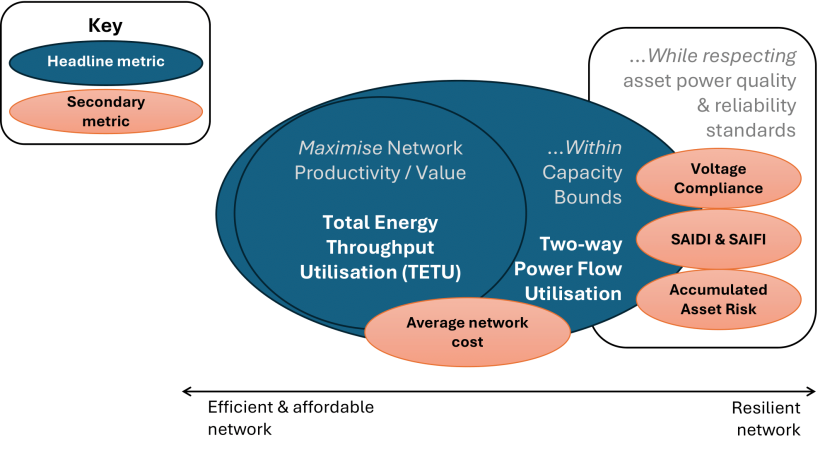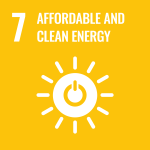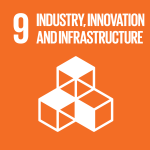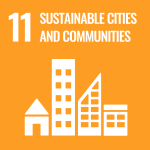As customers adopt solar, batteries and electric vehicles, how we use the grid has changed, and our regulation needs to follow.
The UTS Institute for Sustainable Futures (ISF) was awarded a grant by Energy Consumers Australia to develop new metrics to update 'network utilisation' as a means to measure and improve electricity network productivity. Network utilisation is a key historical metric used to gauge over- or under-investment in the network. However, with the uptake of consumer energy resources (CER), network utilisation is no longer fit for purpose.
It does not account for two-way flows on the network and masks localised network constraints that are becoming more prevalent during the energy transition. Better measures of network utilisation can address these issues to inform network planning, highlight stranded asset risks, and incentivise the adoption of non-network solutions, such as flexible demand. Such measures will be crucial in keeping consumer prices down over the coming decades as consumers continue to adopt solar and increasingly electrify gas and transport energy use.
We propose two headline alternatives to traditional network utilisation, shown in the image below. This moves towards understanding the total productive energy flows facilitated by the network over the course of a year (including grid imports, exports and self-consumed solar), rather than merely focussing on the how close the asset is to its capacity in the hour of highest demand.
If networks can maximise two-way energy flows within the bounds of capacity, reliability and quality of supply, this means that there are more units of customer value over which to spread the repayment of network costs. This has substantial potential to lower the average costs of network supply for customers.
Specific actions that would drive improvements in these metrics include encouraging time of use and ‘solar soak’ network pricing, realignment of controlled load programming with solar production periods, conversion from gas to (timed/smart) electric hot water, ‘flexible exports’ programs to reduce solar curtailment, and strategically locating kerbside EV charging with solar soak tariffs in low utilisation areas.
The report contains a set of recommendations to the Australian Energy Regulator to collect this data and make it transparent to all stakeholders at a granular level. The proposed suite of metrics offers a focal point for regulators, networks and industry to collaboratively align activity towards delivering a cost-effective and resilient grid.
RESEARCH OUTPUTS
Reimagining Network Utilisation in the Era of Consumer Energy Resources (2024) (Report)
MEDIA
Reimagining Network Utilisation in the Era of Consumer Energy Resources – Energy Source & Distribution, February 2025
Empowering tomorrow's energy by redefining network utilisation – ISF news, February 2024
Researchers
-
Research Director
-
Senior Research Consultant
-
Research Director, Strategic Energy Collaborations
-
Senior Research Consultant
Years
- 2023-2024
Location
- Australia-wide
Funded by
- Energy Consumers Australia
SDGs
This project is working towards UN Sustainable Development Goals 7, 9, 11 and 17.











